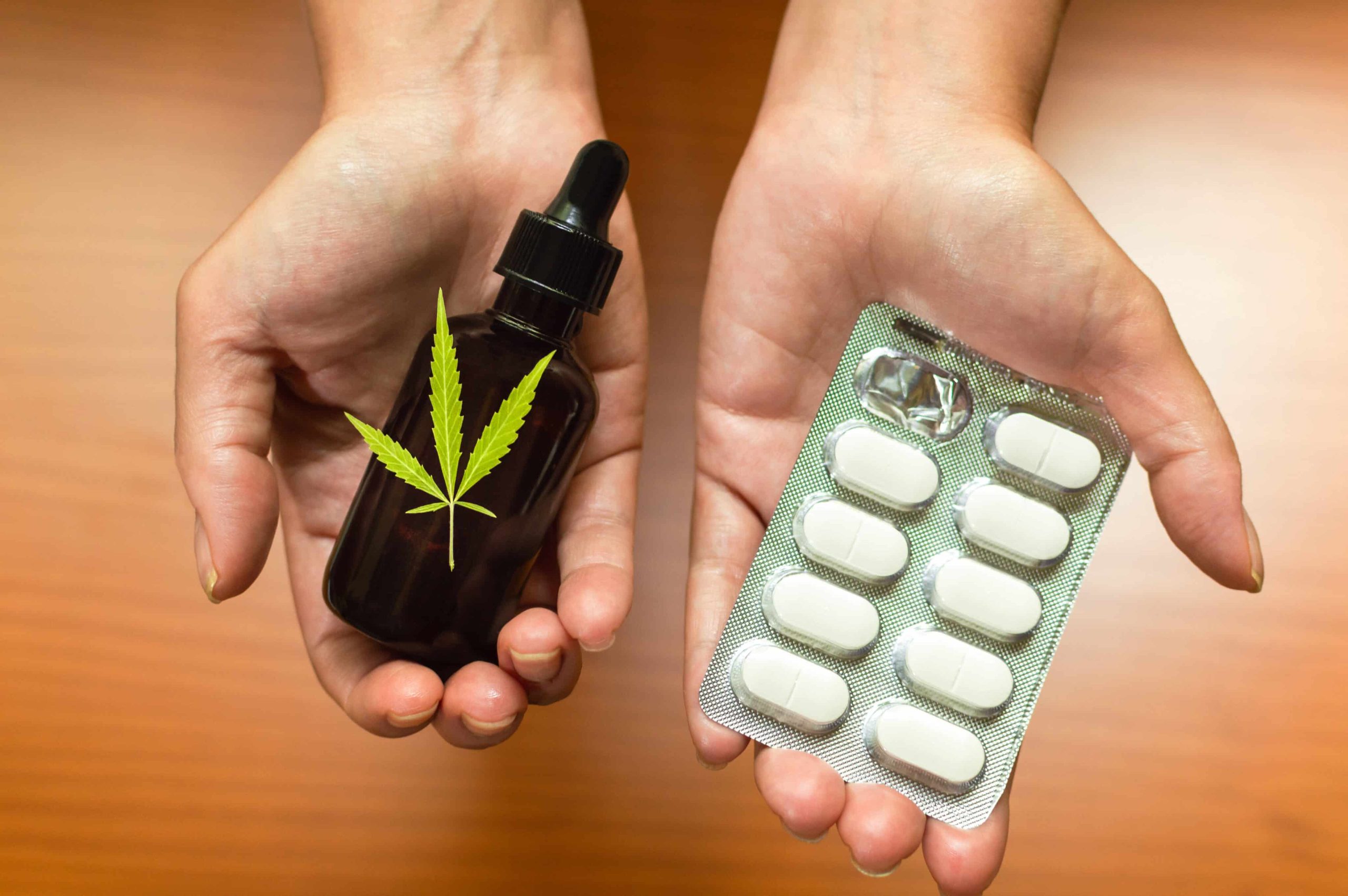The recent report is Southern Economic Journal On October 26, we found evidence that legal access to CBD leads to fewer opioid prescriptions.
Research called “”Is CBD a panacea?Impact of state-level prescription cannabidiol (CBD) legalization on opioid prescribing” was written by economists affiliated with South Carolina-based Wofford College and California State University, Bakersfield. “We found that the ability to legally purchase CBD reduced opioid prescriptions by 6.6% to 8.1%,” the authors said.
Researchers find that it is not just the legalization of CBD that has led to a reduction in opioid prescriptions, but the issue of legal access to CBD products. “In general, we found that legalizing CBD products at the state level led to statistically significant reductions in opioid prescriptions only when states allowed open and legal dispensaries. “suggests that adequate supply-side access is required to realize the potential benefits of legalization,” the authors write.
The report states that stores selling CBD helped reduce opioid prescriptions by 3.5% in just two years after legalization went into effect. However, this statistic is not the same in all states. The statistics were different in states with stricter regulations regarding CBD sales, such as requirements to provide ID and register personal information. “…(i) State legalization of prescription CBD alone will not reduce opioid use; (ii) Regulations that restrict purchase, such as ID laws, would negate nearly all of the benefits of demand-side legalization. (iii) Supply-side access, either through interstate purchase or through legal, open pharmacies, is essential to the use of painkillers to fully combat the opioid epidemic.”
“Our paper provides important preliminary evidence that CBD may indeed reduce opioid prescription rates,” the authors said. “While CBD products may not necessarily be a panacea on the market, they appear to be a net replacement for opioids.”
The authors examined laws and regulations in individual states with a specific focus on CBD, including Iowa, Tennessee, and Texas between 2010 and 2019. During that period, CBD has undergone significant changes as a widely accepted and mainstream product. “While the fastest growing segment of the CBD market is over-the-counter sales, [OTC] The majority of states that have established industrial hemp programs did not do so until 2016. Thus, OTC CBD products were largely unavailable until late in our study period. ”
They also examined data from the Centers for Disease Control and Prevention (CDC) on opioid prescribing at the county level, which they noted suggests “further research on the effects of CBD is needed.”
The 2018 Farm Bill transformed the U.S. cannabis industry, but prior to its passage, access was even more limited. Over time, states such as Tennessee decided in 2016 to allow the legal importation of CBD products from outside the state.
The authors found that while CBD-only states saw a decline in opioid prescriptions, states that also allowed medical marijuana laws (MML) and recreational marijuana laws (RML) continued to have a significant impact on reducing opioid prescriptions. He explained. “Compared to states where marijuana is not legal, states with MML or RML prescribe fewer opioids per 100 people. “The differences in opioid use rates may not be due to the presence of legal cannabis.”
However, states with a variety of CBD-only pharmacies appear to have led to the most dramatic reductions in opioid prescriptions. “Importantly, what we are looking at is [states with] Although CBD laws have lower opioid prescribing rates than states without laws, they are still higher than states with MMLs and RMLs. ” However, if you look at states that allow CBD dispensaries, you will find that they have lower opioid prescription rates than states. States with MML or RML may even have similar objective health indicators (such as obesity and diabetes) in place as states with CBD laws. ”
Medical cannabis states saw a 35% drop in opioid prescriptions, while states that had not yet legalized the drug still saw a 33% drop.
The researchers concluded that their study only provided a glimpse of the positive benefits of CBD and its effects on opioid prescriptions. “Although further research is needed to understand how generalizable our results are to the over-the-counter market for CBD, our results suggest that policymakers should consider the costs of regulation, ensure quality and This suggests that trade-offs between regulating access to CBD should be carefully balanced,” the authors write in their conclusion.
In 2020, former Drug Enforcement Administration (DEA) agent Anthony Armor was forced from his job after attempting to trade CBD for opioids. Most recently, in September 2023, the DEA defended its decision to terminate the individual. “Mr. Armor claims he “demonstrated negligent or poor decision-making” and that the DEA properly held him accountable for his poor decisions when he tested positive for drugs. he claimed. The DEA lost confidence in Mr. Armor and properly removed him. ”
Separately, the DEA is currently considering recommendations from the Department of Health and Human Services. It is unclear whether the agency will move forward with plans to reschedule cannabis into a less restrictive category that indicates the plant’s medical value.




